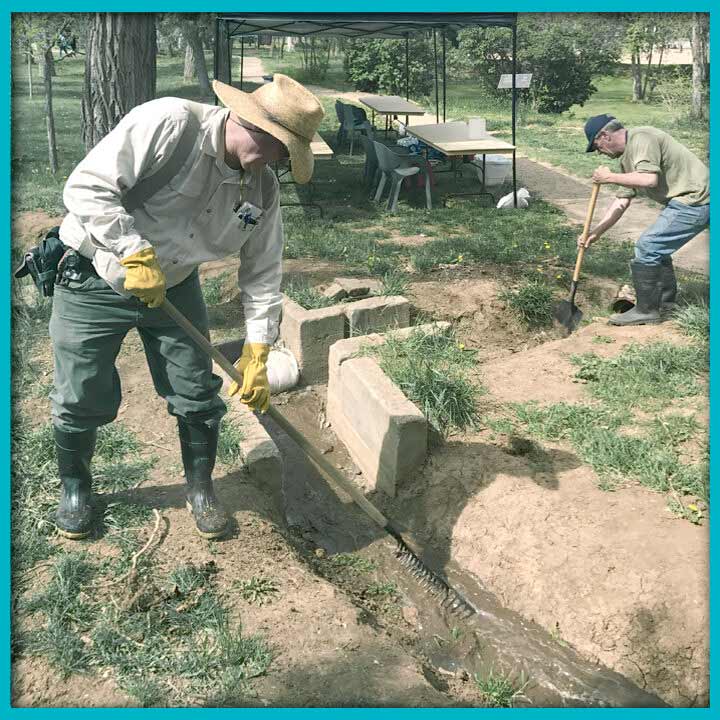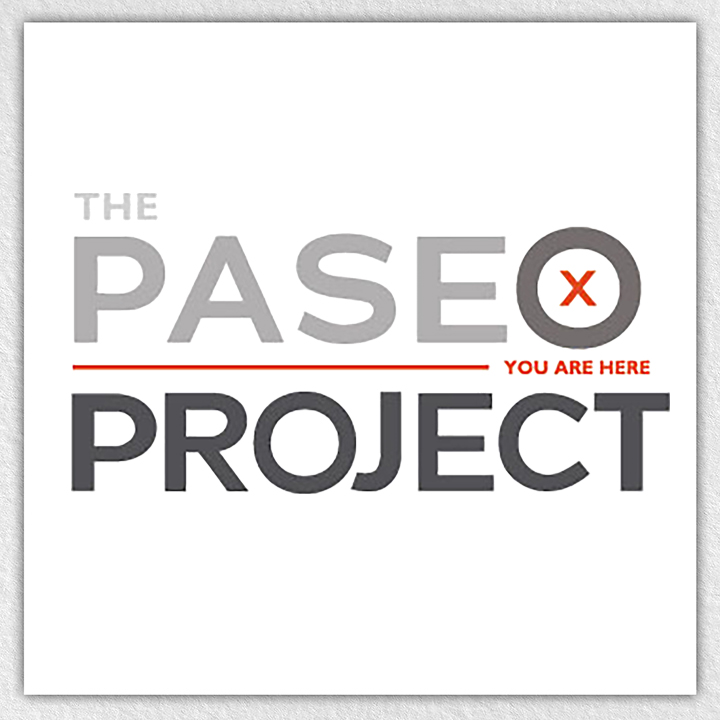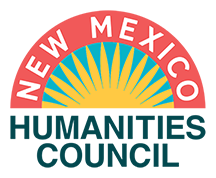
WATER, COMMUNITY, AND CREATIVITY
PART 2 of 4: ACEQUIA AQUI SERIES
- Hosted by Bethany Tabor
- April 15, 2021
In partnership with The Paseo Project, the New Mexico Humanities Council is pleased to host a live Starting Conversations discussion in celebration of the publication of Acequia Aqui: Water, Community, and Creativity. For this conversation we will be joined by two contributing writers, Miguel Santistevan and Sylvia Rodriguez, who will address the urgent topics of acequias in New Mexico, their histories, and their futures.
The history of acequias in New Mexico weaves a rich tapestry of multicultural practices that illustrate human migration, resilience, and connection to the land and water. The wisdom inherent in the historic acequias continue to tell these stories in the communities of New Mexico, but they have been at risk of disappearance in recent years as a result of climate change, increased real estate development, natural resource extraction and more. Acequia Aqui is an artistic and community driven project that aims to give voice to the historic acequias of Taos to illuminate the importance of this vital resource and cultural wellspring.
Through this Starting Conversations series and special event, we hope to illuminate the artistic interventions that concentrate on themes of placemaking and keeping; storytelling and poetry; and technology and craft. These themes and the work of the individual artists give a framework to help us think through our cultural relationship to these life-giving waterways.
SHARE:
Sylvia Rodriguez is professor emerita of anthropology and former director of the Ortiz Center for Intercultural Studies at UNM. Her research and publications have focused on interethnic relations in the Upper Rio Grande Valley of New Mexico, where over the past three decades she has studied the cultural impact on ethnic relation of tourism, ritual, ethnic identity, and conflict over land and water. She works collaboratively with acequia organizations and researchers on acequia matters and the politics and anthropology of water. She is a commissioner on the Acequia de San Antonio in Valdez and a member of the Taos Valley Acequia Association board of directors. Her publications include journal articles and two prize-winning books: The Matachines Dance: Ritual Symbolism and Interethnic Relations in the Upper Rio Grande Valley, and Acequia: Water Sharing, Sanctity, and Place.
Miguel Santistevan has Bachelor’s and Master’s degrees in Biology and Agriculture Ecology and certification in Permaculture and ZERI Design. He is an educator, seed saver, researcher of acequias and resilience, and radio producer of “¡Que Vivan las Acequias!” He writes semi-regularly for the Green Fire Times and has given dozens of professional presentations on acequia agriculture and the search for sustainability in a Climate Change context. Miguel founded the nonprofit organization Agriculture Implementation, Research, and Education (www.GrowFarmers.org), is a founding member of the NM Food and Seed Sovereignty Alliance, and has coordinated several youth-in-agriculture programs. He works as a Middle School Math teacher and lives in Taos on his acequia-irrigated farm with his wife and two daughters.

THIS PROGRAM WAS CREATED IN PARTNERSHIP WITH THE PASEO PROJECT
The Paseo Project works to transform art through community and community through art.
